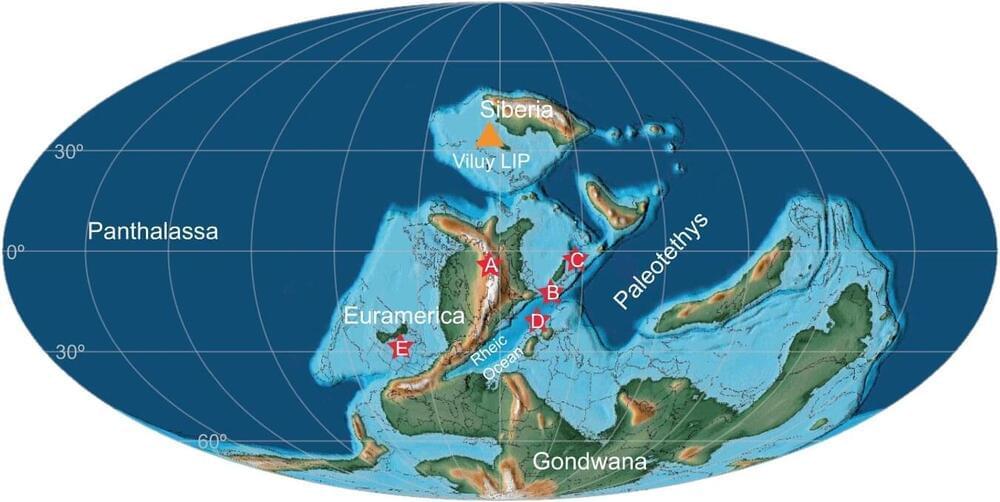The 2024 nuclear doomsday clock has been reset, but there is still time for final revisions.
The clock was created in 1947 by the Bulletin of the Atomic Scientists, a nonprofit that was founded in 1945 by Albert Einstein and University of Chicago scientists who helped develop the first atomic bomb in the Manhattan Project. It began because of escalated fears of a potentially catastrophic nuclear arms race between the United States and the Soviet Union. It has been reset 25 times since its creation.
Viewed as a visual representation to warn the global populace about multiple factors that could negatively affect the planet, the clock was last changed on January 24 and moved forward to 90 seconds to midnight—the closest to global catastrophe it has ever been. The reasoning cited the Russia-Ukraine war that, as of this February, will have lasted for two years and has led to nuclear threats from Russia.






